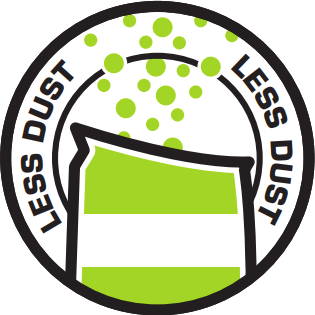142 omnifill
Jointing mortars
Applications
For grouting all possible types of ceramic wall and floor tiles and natural stone. A water-resistant grouting mortar that can be used for indoor and outdoor applications and for walls and floors. Heightened level of resistance to wear. Not suitable for grouting timber walls and floors. Examples of applications include living and office spaces and healthcare facilities.
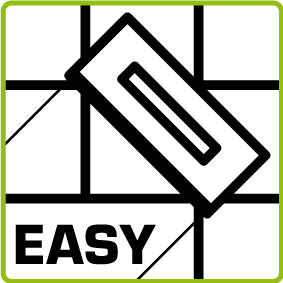
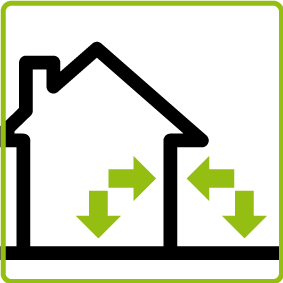

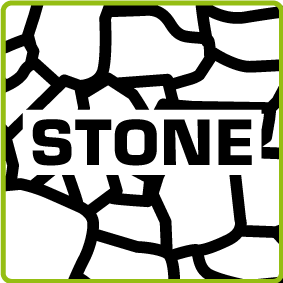
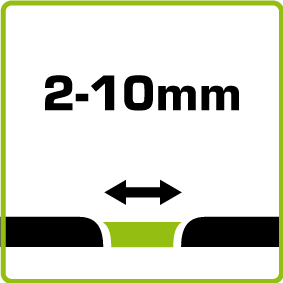
Getting started with 142 omnifill

natural grey

grey

silver grey

jasmin

antracite grey

manhattan grey

bright white

portland grey

dusty grey

bahama
Colour chart
Certificates and documents
Download the documents available from this specific product here.
Can't find the right certificate?
Contact usVideos
Here you will find the videos available for this specific product. If you didn't find what you were looking for, check out our YouTube channel.
Let us help you out
When can I start grouting the tiles?
This is possible, under most circumstances, with paste and powder adhesives after at least 24 hours. With fast-hardening powder adhesives, this can be done after just a few hours.
When can I walk on the tiles?
This can be done (carefully) after at least 24 hours. With fast-setting adhesives, this can be done after just a few hours.
What different types of glue are there?
There are 3 types of glue, each with their own characteristic properties. They are all standardized within the European standard EN 12004.
- Cement-based powder tile adhesive (C)
- Dispersion glue (D)
- Reaction glue (R)




